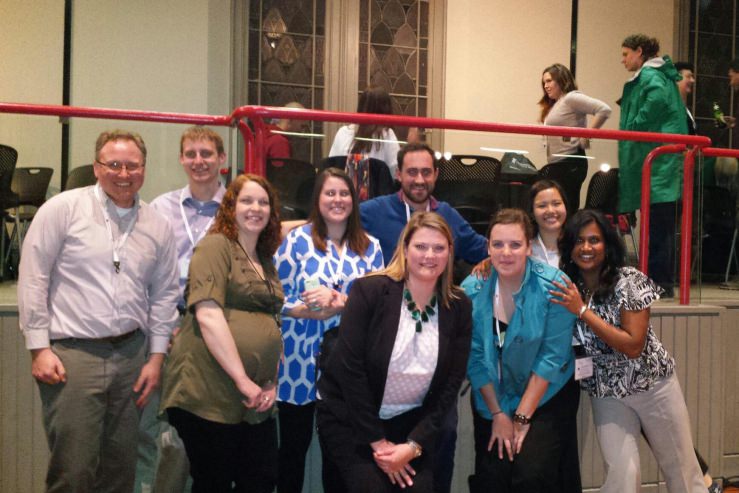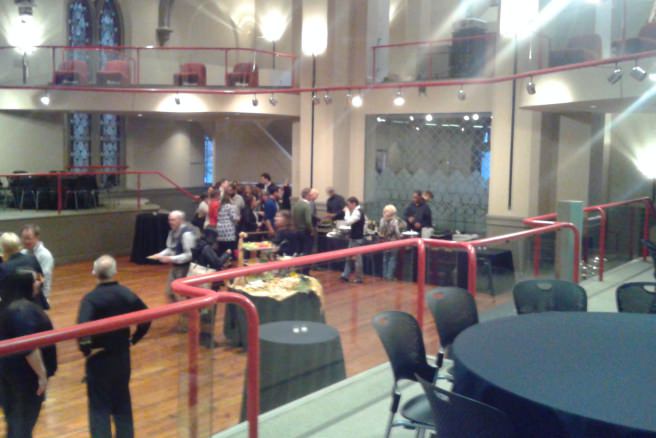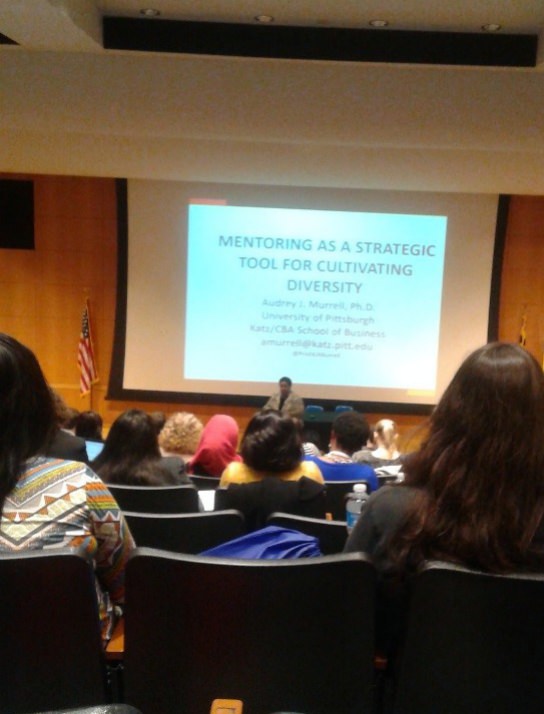National Postdoctoral Association Meeting Highlights Importance of Career Development
 As a postdoc at the University of Texas San Antonio, I was lucky enough to be chosen to receive a travel award for the 2015 National Postdoctoral Association Meeting on March 13-15 at the University of Maryland, Baltimore Campus.
As a postdoc at the University of Texas San Antonio, I was lucky enough to be chosen to receive a travel award for the 2015 National Postdoctoral Association Meeting on March 13-15 at the University of Maryland, Baltimore Campus.
Over 400 people attended and over half were first time attendees. The meeting was full of events designed to address issues that face postdocs every day all across the country, including career development, roles of mentors, advocacy, and how to ensure your voice is heard on our own campuses.
My interest in attending stems from starting a postdoc association at UTSA and working with the local community of postdocs, including the one at UTHSCSA.
Last year, we held a very successful event in Sept (during national postdoc appreciation week) to showcase the area research performed by postdocs and allow for networks and collaborations to be built by the participants from University of Texas Health Science Center San Antonio, University of Texas San Antonio, United States Army Institute of Surgical Research and Texas Biomedical Research Institute. After this research forum, the community of UTSA postdocs was riveted and wanted to have more career development events at UTSA that all trainees could attend.
Our administrators have kindly provided us with membership in the National Postdoctoral Association and this year’s meeting in Baltimore allowed me to gain wisdom from the national community of postdocs to bring back to San Antonio and UTSA.

I was fortunate enough to attend with UTHSCSA postdoc Bridget Ford in Dr. Timothy Duong’s lab in Research Medical Imaging. This allowed us to split up and cover more ground.
The meeting held workshops on commercialization and technology transfer, how to assess your teaching practices, achieving meaningful change at your institute and at a national level, plenary sessions on mentorship, diversity, and using professional societies for help.
Lunchtime and social nights allowed for network building among the powerhouses of postdoc associations across the country and with various companies from around the country that were hiring Ph.D.
My favorite events were negotiation tactics on job offers and a workshop hosted by SciPh.D.s on how scientists are leaders.

These sessions really made concrete examples on how to
interview and negotiate into the best role that will propel you into the next great career step. The social night at Westminster Hall let the postdocs get friendly, play trivia, and go on ghost tours underneath the church to see where Edgar Allen Poe was buried.
The events wrapped with a town hall discussion on where the direction of focus should be for postdocs and to provide statistics to take back to our institution.
Armed with this information, we can affect change for all of our trainees (undergraduate, graduate and Ph.D. level) so we are better prepared for career options and growth. These are fundamental skills that are not necessarily taught in conventional scientific training.
